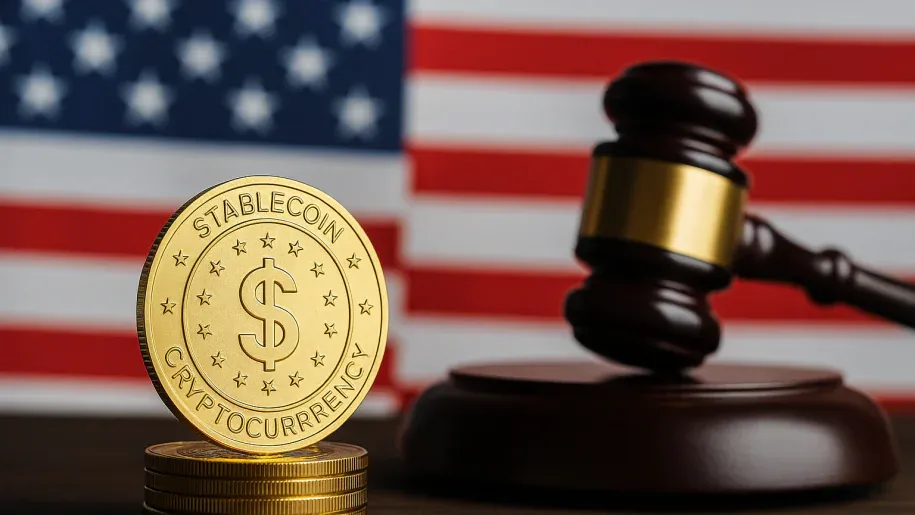US Senate to Vote on Pivotal Stablecoin Bill Amid Bipartisan Pushback

With tensions simmering on both sides of the aisle, the U.S. Senate is gearing up for a critical vote on Thursday to advance the so-called GENIUS Act, landmark legislation that would impose stricter rules on stablecoin issuers. Spearheaded by Senator Bill Hagerty (R-Tenn.), the bill aims to require that any stablecoin circulating in the American financial system be fully backed by U.S. dollars and ultra-liquid assets such as short-term Treasuries.

Navigating a Narrow Path to 60 Votes
Senate Majority Leader John Thune (R-S.D.) filed cloture on the GENIUS Act Tuesday evening, setting the stage for a procedural vote that demands 60 “yes” votes to break a filibuster. Republicans, holding 53 seats, must therefore secure the support of at least seven Democrats to clear this hurdle. In recent days, a group of prominent Democratic senators—among them Mark Warner (Va.), Raphael Warnock (Ga.), and Catherine Cortez Masto (Nev.)—voiced reservations over the bill’s current language, calling for tougher oversight of foreign stablecoin issuers and enhanced anti-money laundering safeguards.
GOP Divisions Surface
While GOP leaders rally around the bill as essential to protect investors and stabilize the emerging digital currency market, dissent is emerging within Republican ranks. Senator Rand Paul (R-Ky.) criticized the proposed regulations as excessive, arguing that they could stifle innovation. Senator Josh Hawley (R-Mo.) warned that the GENIUS Act might pave the way for major technology firms to dominate the stablecoin space, while Senator John Kennedy (R-La.)—an early committee supporter—has paused his backing pending further clarifications.
Democrats Press Crypto Ties
At the same time, some Democrats are scrutinizing the intersection of politics and crypto more broadly. On Tuesday, Senator Richard Blumenthal (D-Conn.), ranking member of the Senate Permanent Subcommittee on Investigations, sent letters to World Liberty Financial and Fight Fight Fight LLC. His inquiries focus on potential conflicts of interest involving former President Trump’s crypto-related ventures, underscoring the party’s broader caution around digital assets.
What’s at Stake
Stablecoins—cryptocurrencies pegged to traditional currencies—have grown rapidly, facilitating everything from cross-border payments to decentralized finance activity. Proponents argue that clear regulatory guardrails will bolster consumer confidence and attract mainstream investment. Critics fear that without robust safeguards, stablecoins could become vehicles for money laundering, fraud, or foreign interference in U.S. financial markets.

